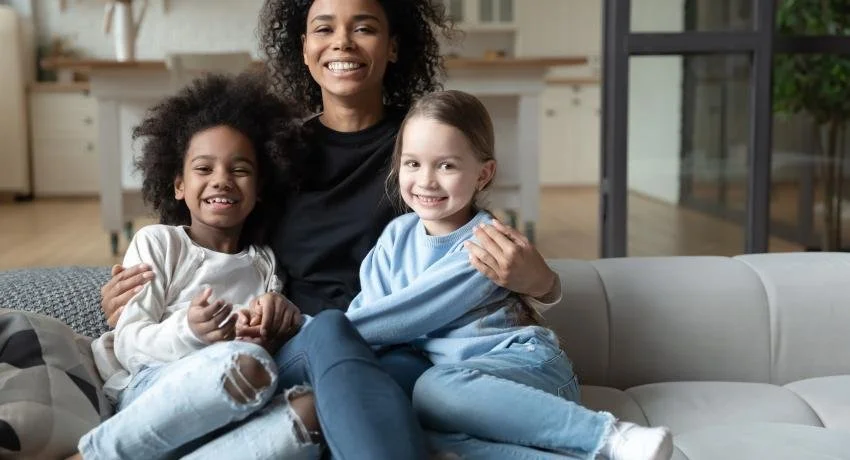Attachment and Adoption: How Therapy Helps Heal Relational Wounds
Adoption creates a unique relational landscape, one where love and loss often intertwine. While every adoption story is different, attachment theory helps us understand how early separations and transitions can shape an adoptee's capacity for connection throughout their life. Whether adopted as infants or later in childhood,p many adoptees navigate complex emotional terrain when it comes to forming secure attachments.
The Foundations of Attachment in Adoption
Early relationships create a blueprint for how we give and receive love. For adoptees, this foundation often includes significant disruptions, i.e., the separation from biological caregivers, even when necessary, represents a primal loss that the nervous system remembers. Adjusting to new caregivers requires remarkable adaptability from a child, particularly when early experiences included instability or trauma. Many adoptees also grapple with unconscious loyalty conflicts, caught between the family they were born into and the family who raised them.
These experiences frequently lead to adaptive attachment patterns that serve as protective strategies. Some adoptees develop anxious attachment, becoming hypervigilant about rejection and abandonment. They may people-please to secure love or struggle to trust that relationships will last. Others lean toward avoidant attachment, learning to emotionally withdraw as protection against potential loss. These individuals often minimize the importance of close relationships and find it difficult to express needs. The most complex pattern—disorganized attachment—manifests as a push-pull dynamic where the adoptee simultaneously craves connection and fears being hurt. Even those with secure attachment in adopted families may still grapple with unanswered questions or grief that surfaces later in life.
The Therapeutic Path to Secure Connection
Attachment-based therapy offers adoptees a space to explore these patterns with compassion and without judgment. The therapeutic process helps unpack how early experiences continue to influence current relationships while providing opportunities to practice new ways of connecting. Many adoptees benefit from processing the grief and ambiguous loss that often accompanies adoption, allowing them to reframe their narrative about belonging and identity.
The goal isn't to erase the past, but to integrate all parts of the adoptee's story, biological and adoptive, into a cohesive sense of self. Over time, therapy can help transform protective strategies into healthier relational skills, allowing for deeper, more secure connections.
When to Consider Attachment-Focused Therapy
If you're an adoptee noticing persistent relationship challenges, such as fearing rejection despite evidence of love, or finding yourself emotionally withdrawing when connections deepen, these may be signs that your attachment system is working from an old blueprint. Similarly, adoptive parents who notice their child struggling to trust or accept comfort might benefit from exploring attachment-based support.
The beautiful truth is that our capacity for secure attachment can grow at any age. With the right support, adoptees can honor their unique beginnings while developing relationships that feel safe, nourishing, and authentic.
If you're ready to explore how attachment patterns may be shaping your life or family relationships, our practice specializes in adoption-competent care. Contact us to learn how attachment-focused therapy can support your journey toward deeper connection and healing.
Schedule a free 20 minute virtual consultation to begin your path to more secure relationships today.

